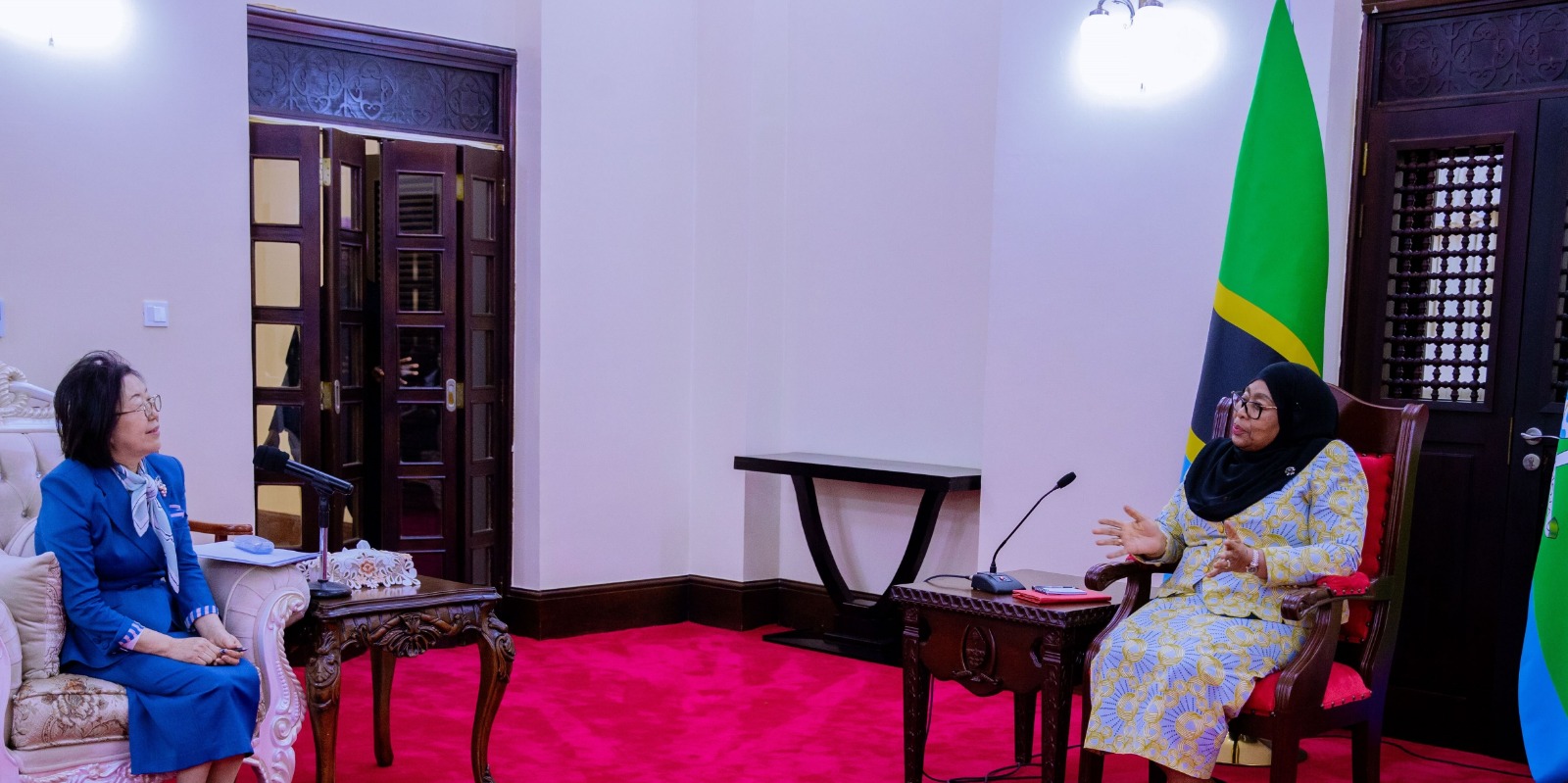CHALLENGES FOR SHARIA-COMPLIANT BANKING PRODUCTS IN TANZANIA

As Tanzania continues to enhance financial inclusion and diversify its banking sector, Islamic banking, also referred to as Sharia-compliant banking, offers a compelling and largely untapped avenue for sustainable financial growth. This form of banking is governed by the principles of Sharia (Islamic law), which strictly prohibit the charging or paying of interest (riba), and instead promote financial transactions based on profit-and-loss sharing, asset-backing, and ethical investment practices.
Unlike conventional banking systems that primarily rely on interest-based instruments, Sharia-compliant banking fosters a more inclusive and socially responsible financial ecosystem. Products are structured to ensure fairness, transparency, and risk-sharing between the lender and the borrower.
Common instruments include Murabaha (cost-plus financing), Mudarabah (profit-sharing partnerships), Ijara (leasing), and Sukuk (Islamic bonds), each designed to cater to the financial needs of businesses and individuals in a manner consistent with Islamic ethical values.
In Tanzania, Islamic banking is still in its nascent stages, with only a few institutions offering dedicated Sharia-compliant products or Islamic windows. However, the sector has shown increasing promise, especially in regions with significant Muslim populations and growing awareness of ethical finance.
The government and the Bank of Tanzania (BoT) have signaled a willingness to accommodate Islamic banking within the existing regulatory framework, opening the door to future reforms and growth.
In this two-part article series, I will examine the key challenges and opportunities that are shaping the development and growth of Sharia-compliant banking products in Tanzania. From regulatory gaps and limited public awareness to untapped market potential and rising demographic demand, understanding these dynamics is essential for policymakers, investors, and financial institutions seeking to unlock the full value of Islamic finance in the Tanzanian context. This week’s article focuses on some of the major challenges currently facing Sharia-compliant banking in Tanzania:
Limited Public Awareness and Financial Literacy - While interest in Islamic banking is gradually growing, a large segment of the Tanzanian population remains unfamiliar with its principles and offerings. Many potential customers mistakenly associate Islamic banking strictly with religious obligations or assume it is exclusive to Muslims. Moreover, limited financial literacy, particularly in rural areas, further impedes the public’s understanding of key concepts such as profit-sharing, risk-sharing, and non-interest-based financing. These knowledge gaps significantly constrain market penetration and hinder the broader adoption of Sharia-compliant financial products.
Regulatory and Legal Limitations - Tanzania’s regulatory framework for Islamic banking remains in its formative stages. Although the Bank of Tanzania permits Islamic banking windows, there is no dedicated regulatory regime specifically designed for Sharia-compliant finance. This gap creates uncertainty in critical areas such as dispute resolution, tax treatment of Islamic financial instruments, capital adequacy requirements, and the standardization of Sharia interpretations. Moreover, the lack of enabling legislation for Sukuk (Islamic bonds) and the absence of a centralized Sharia supervisory authority continue to hinder the sector’s growth and development.
Shortage of Skilled Human Capital - Another key challenge facing the growth of Islamic banking in Tanzania is the shortage of professionals with expertise in Sharia-compliant banking practices. Islamic banking requires a unique blend of knowledge and proficiency in Islamic jurisprudence as well as the ability to apply these principles within a modern financial framework. However, the limited availability of specialized training programs and academic institutions offering Islamic finance qualifications has led to a significant skills gap. This shortage hinders the development of innovative products, impedes effective marketing, and weakens overall service delivery within the sector.
Operational Constraints and Product Innovation - Islamic banking models often necessitate intricate legal and operational frameworks to ensure Sharia compliance, which can lead to higher administrative costs and longer product development cycles. In Tanzania, most banks offer Islamic financial services through dedicated windows rather than fully licensed Islamic banks. This structural limitation restricts the breadth of available products and slows innovation. Currently, the offerings are largely confined to Murabaha (trade finance) and basic savings accounts. Moreover, the lack of a centralized Sharia supervisory board results in varying interpretations and inconsistent product standards across institutions, contributing to customer confusion and undermining trust in the system.
In conclusion, while Islamic banking holds significant promise in Tanzania, its growth is currently constrained by a range of structural, regulatory, and market-based challenges. From limited public awareness and a shortage of qualified professionals to the absence of a robust regulatory framework and standardized Sharia oversight, the sector faces hurdles that require coordinated effort to overcome. Addressing these challenges will not only enhance financial inclusion for segments of the population seeking Sharia-compliant options but also position Tanzania to tap into the broader global Islamic finance market.
Kelvin Mkwawa, MBA (pictured) is the Seasoned Banker based in Dar es Salaam. He can be contacted through Email address: Kelvin.e.mkwawa@gmail.com
Top Headlines
© 2025 IPPMEDIA.COM. ALL RIGHTS RESERVED

























